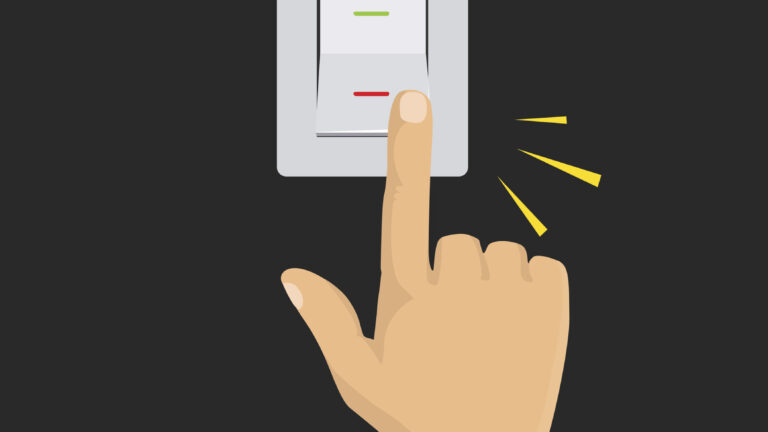Uber lost slightly more than $1 billion in the first three months of 2019, the company announced on Thursday. It's Uber's first quarterly earnings release since the company went public earlier this month.
Uber's loss wasn't a surprise—indeed, it was right in line with expectations. Wall Street shrugged off the news, with the stock rising around one percent in the hours after the results were announced. Uber's stock price is now slightly below Thursday's closing price at $39.60.
Uber has lost money almost every quarter since its founding a decade ago. Uber lost $4.46 billion in calendar year 2017 on a GAAP basis. Uber suffered a relatively modest $370 million GAAP loss in 2018, largely thanks to a one-time boost from a multi-billion dollar deal with Yandex.
Uber's revenue last quarter was $3.1 billion, up 20 percent from the first quarter of 2018. That primarily reflects rapid growth of Uber Eats, which has been growing much more quickly than Uber's core taxi service.
Uber raised $8.1 billion in its initial public offering earlier this year, so the company can sustain losses like this for several more quarters at least. But investors are presumably expecting to earn a positive return on their investments at some point—and the path to profitability isn't obvious.
One possibility is that the arrival of self-driving cars will dramatically lower Uber's cost of doing business. However, the technology seems several years away—at least—from widespread availability. And Uber's own self-driving project has struggled in the last year.
Another possibility is that Uber and Lyft (and Uber's other rivals overseas) will simply get tired of fighting an intractable price war and raise their prices to more sustainable levels. The problem with that is a more expensive service might attract fewer paying customers. And a shrinking customer base might call into question Uber's $66 billion market capitalization.


 Loading comments...
Loading comments...
